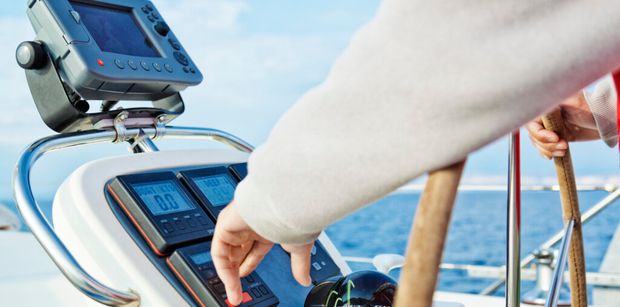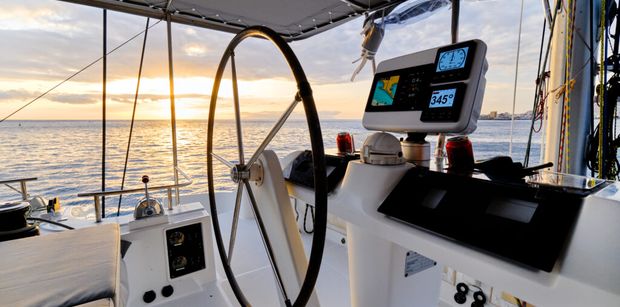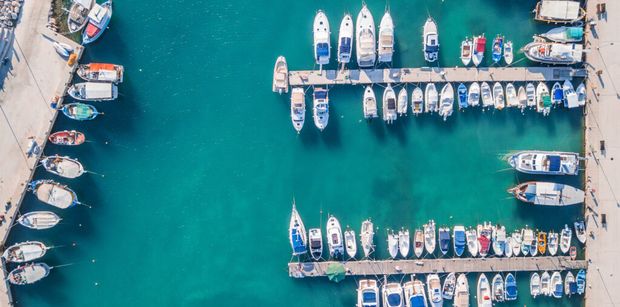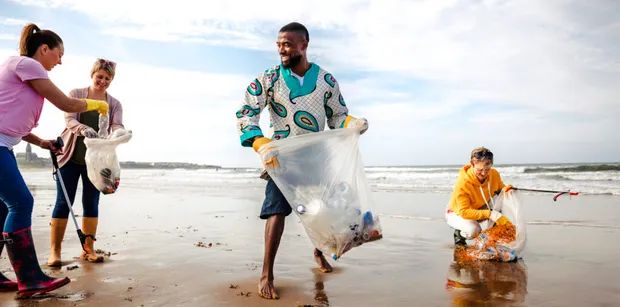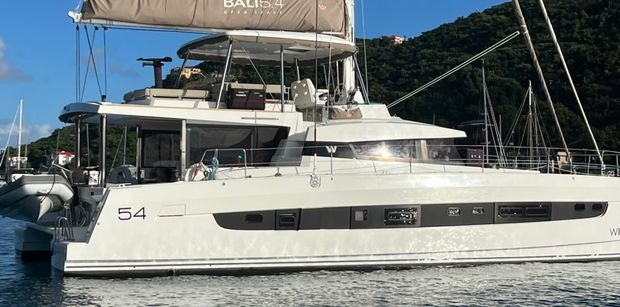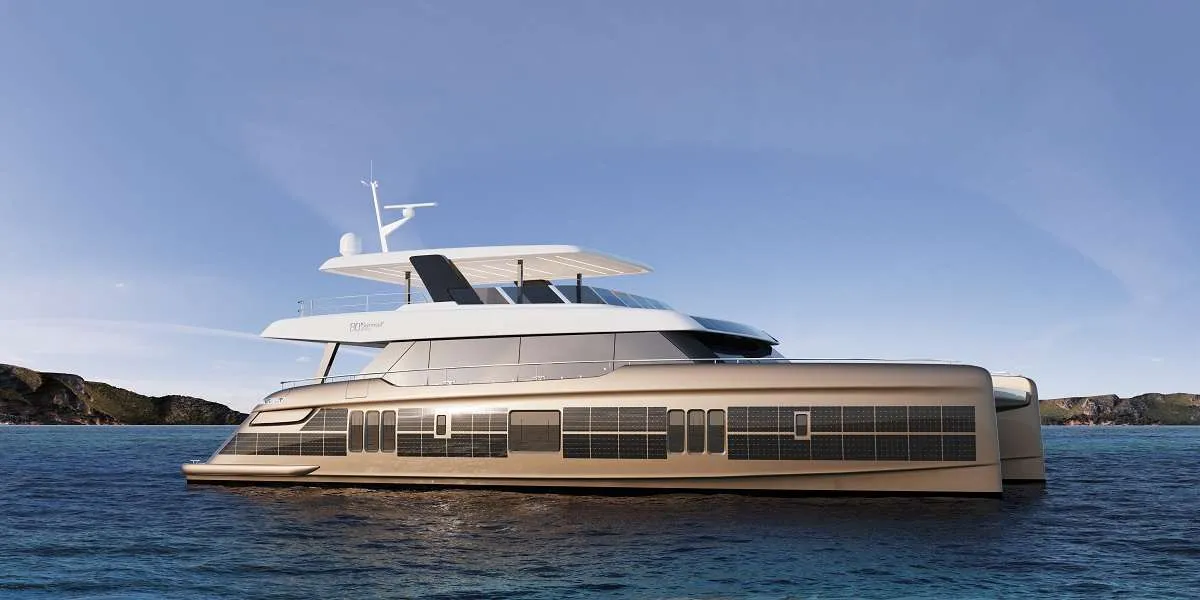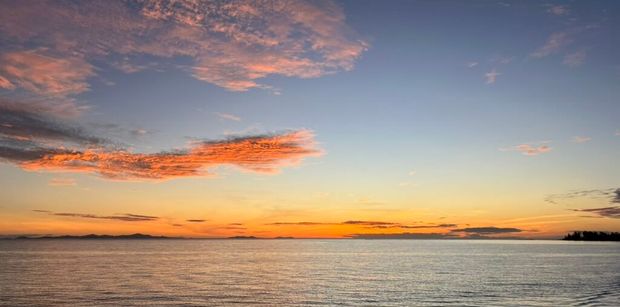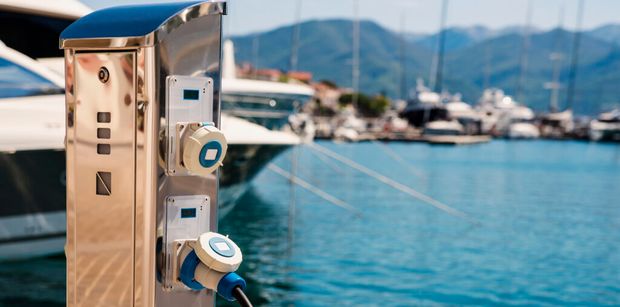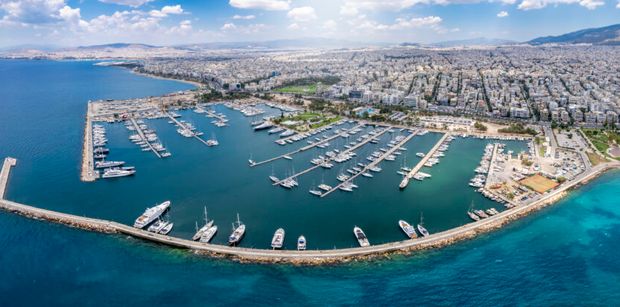As the boating sector looks at more ways to protect our oceans and reduce its environmental impact, there is a growing demand for more sustainable solutions. With today’s environmental concerns, green boating is more critical than ever before, and many innovative companies and organizations are stepping it up with new, greener technologies.
What is Green Technology?
Green Technology is an umbrella term for technologies that create services and products with less impact on the planet and oceans. In the boating sector, this can include greener propulsion systems, alternative fuels, hull design, sustainable materials, and eco-friendly accessories.
At Boatbookings, we remain ahead of these developments to ensure that we are aware of the technologies and look at yacht builders that utilize them. We help facilitate this through our fleet of greener crewed charter catamarans.
Here, we explore some of the latest developments in green technology within the boating and broader maritime sector:
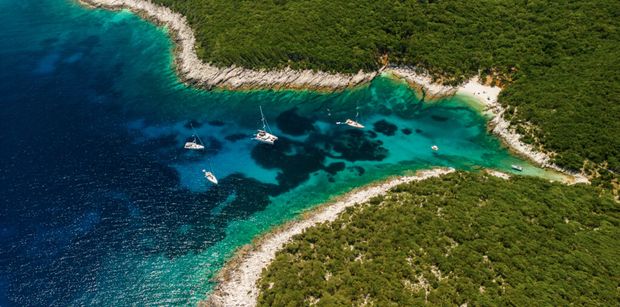
Scaling Up Electric
Boating has been moving toward electric in the last few years in a big way, and more developments are continuing to push electric technology into the fore. Most recently, the electric hydrofoil boat company Candela has secured its most significant funding round to expand the production of its P-12 fast electric ferry. A key partner in this is Group Beneteau. This funding will help scale up production to meet demand for the world’s first electric hydrofoil ferry. Scaling up innovative solutions aligns with both company’s objectives for more sustainable boating.
Facilitating Alternative Fuels
Along with developments in the electric market, there are also considerable efforts to utilize alternative fuels across the maritime industry. One example is the recent launch of Monaco’s first autonomous green hydrogen pontoon for recreational boating. Launching this floating facility will produce green hydrogen from renewable energy sources to refill and supply multiple teams with this greener fuel in preparation for the Monaco Energy Boat Challenge. This development promotes the usage and facilitation of more eco-responsible energy resources in boating.
Integrating AI
The rise of digital innovation driven by artificial intelligence (AI) is helping make the entire sector more sustainable. A recent collaboration between Hyundai and Naver aims to revolutionize how vast amounts of maritime data gets utilized through big data analytics and AI-drive learning algorithms. This AI can provide optimal navigation routes and insight for enhanced operational efficiency and environmental sustainability through data-driven decision-making. Currently, this development is within the shipbuilding and commercial maritime sectors, but these notable AI developments will eventually filter down to the boating and yachting sectors.
Better Materials
Boat builders are constantly rethinking the materials used in construction and finding innovative solutions. Natural fibers like flax are substituting fiberglass composites and integrating more recycled plastics. The interiors of boats are also being considered, along with materials such as cork, bamboo, and other eco-friendly options used for upholstery and fabrics. A prime example of using better materials is highlighted through the recent launch of North Sails RENEW sails, where over 90% of the sails are constructed from bio-based or recycled materials while not comprising performance or longevity.
From recreational boating to large-scale commercial shipping, the entire maritime industry is rapidly accelerating the implementation of greener technologies to advocate for more environmentally responsible experiences. We are optimistic that we will continue to see more sustainable solutions emerge and that the boating sector will become greener. If you want to discuss our greener crewed charter catamarans for your Mediterranean summer charter, contact one of the Boatbookings team today.

